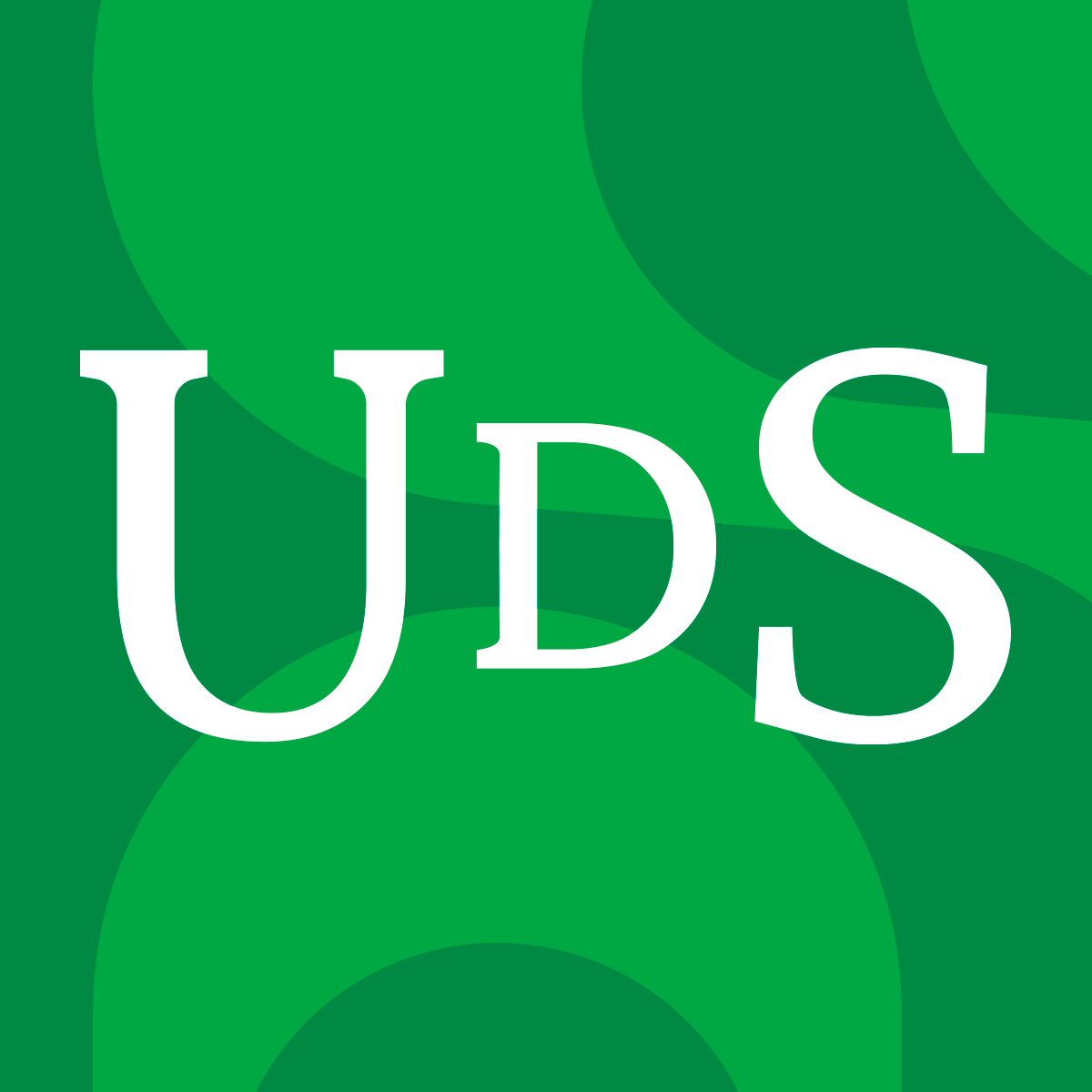This program allows you to acquire training in applied economics (including international trade and finance, behavioral, social and solidarity economics and the environment) or to complete a path in economics-finance (including portfolio management and analysis of financial markets).

This program allows you to acquire training in applied economics (including international trade and finance, behavioral, social and solidarity economics and the environment) or to complete a path in economics-finance (including portfolio management and analysis of financial markets) or in political economy (including aspects of the intervention of the State and political actors in the economy), depending on your aspirations.
Thanks to a program resolutely focused on practice, an offer of paid internships in a cooperative system and rigorous supervision, you will be able to stand out on the job market and have an informed view on the economy of tomorrow.
Description Of Paths:
General Objectives:
Specific Objectives:
About UdeS
The Université de Sherbrooke is at the heart of one of the three major research centers in Quebec.
Recognized for its sense of innovation, the UdeS is a leading partner of higher and regional governments in promoting social, cultural and economic development. It also stands out for the strong growth of its research activities in recent years, its success in technology transfer and its initiatives in entrepreneurship and open innovation in collaboration with industrial and social circles.
Our History
The University of Sherbrooke was created on May 4, 1954. It emerged from the Séminaire Saint-Charles-Borromée in Sherbrooke, from which it separated physically and administratively in 1960.
From an initial core of three faculties - Arts , Sciences and Law - the University has gradually developed to meet the educational needs of Estrie and to offer the people of Quebec an original contribution in university teaching and research.
As early as 1955, the University opened its Faculty of Commerce (which became the Faculty of Administration, then recently the School of Management). The Faculty of Educational Sciences , (Faculty of Education) was founded in 1961.
The Faculty of Medicine , which today includes health sciences, welcomed its first students in the fall of 1966.
The Faculty of Applied Sciences (now the Faculty of Engineering) was inaugurated in 1968 and the Faculty of Physical Education and Sports (now the Faculty of Human Kinetics) opened its doors in 1974.
© 2025 coursetakers.com All Rights Reserved. Terms and Conditions of use | Privacy Policy